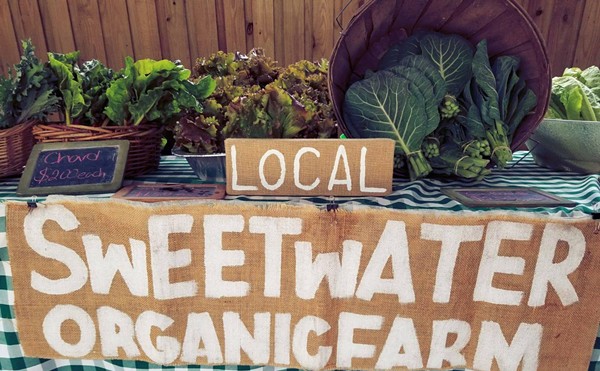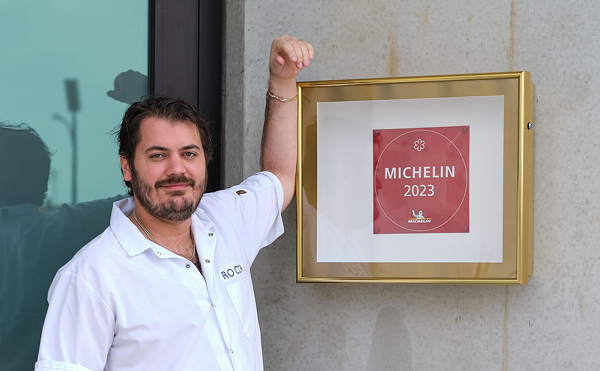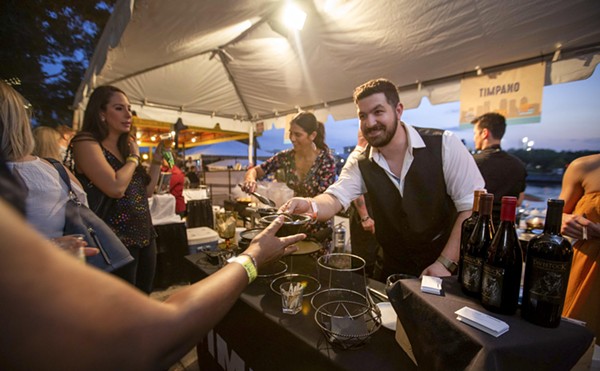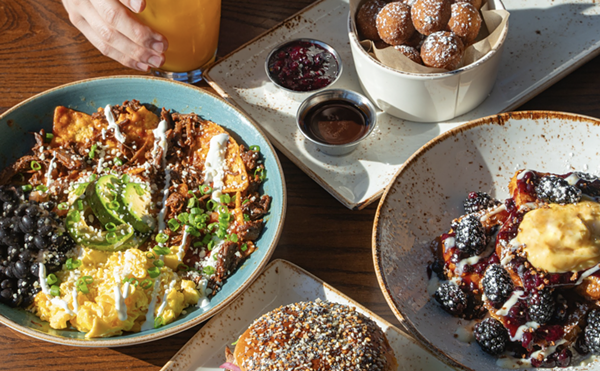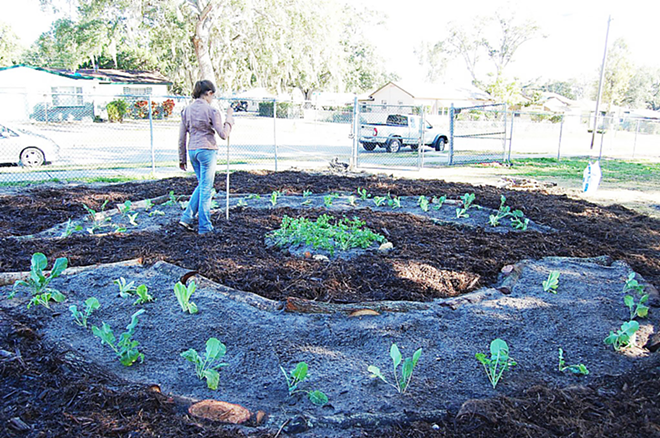
In January 2009, Kip Curtis, professor of Environmental Studies at Eckerd College came up with the idea while his kids were enrolled at Lakewood Elementary to install an organic garden.
As a PTA member, Curtis knew the school was struggling to keep up with FCAT standards and thought the garden might be a creative solution.
“I thought there might be a possibility of putting together my students’ interest in organic gardening and my interest in helping school doing something more creative with how they teach math and science and a garden would be great with that,” Curtis said in 2009.
Lakewood Elementary’s organic garden was the first project of the Edible Peace Patch, now entering their fifth year of planting and harvesting.
“Lakewood’s garden is thriving,” Curtis said Tuesday. “We have a whole bunch of stuff growing since we had a warm winter.”
The Edible Peace Patch broke ground on their third garden at Maximo Elementary on Jan. 12. On Sat., Jan. 19, a fourth garden goes in at Campbell Park Elementary. The organization got several grants, one from USF St. Petersburg’s Learn and Serve, the Tampa Jaycees, and the Tampa Bay Rays. The schools getting gardens are all Title One schools, where students come largely from low-income families.
Two Tampa Bay Rays players, Sean Rodriguez and Brandon Gomes, will be there on Saturday to help build the gardens, which aren’t your typical raised beds.
“It takes a few hundred people hours and we do it all by hand,” Curtis said. “We could do it with a bob cat and back hoe but that is one person and a lot of fossil fuel. This is a community building activity.”
Last year Curtis and his crew installed a second garden at Sanderlin IB World School, using a German technique called hugelkultur or hill culture.
That involves digging down three and a half feet and lining the hole with a basin layer of plastic that holds 50 to a few hundred gallons of water. Logs and mulch are layered on top of the basin, watering the garden from the bottom up.
“It rains in the wrong season in Florida and then we have long droughts in spring and fall,” Curtis said. “The challenge is keeping nutrients in the soil and maintaining moisture.”
Curtis says that doesn’t mean the garden is going to take care of itself.
“Our goal isn’t to make this labor free,” he said. “You need to have meaningful things to do in the garden to stay connected to the garden.”
That means continual upkeep for students and educators, which serves as an education in science, math, and food ways for students.
“I wouldn’t want a garden to take care of itself,” Curtis said. “We have irrigation, we have weeding. We want to keep them beautiful because aesthetic is important.”
The project will need more manpower and funding though to continue to grow.
“We are at a critical turning point as an organization,” Curtis said. “I’ve put in more than 5,000 hours and my board has put in hundreds of hours over the last year.”
Curtis says they need a full-time garden manager and educator and someone to handle administrative duties as they push toward future goals of an urban farm and kitchen.
In January 2009, Curtis had no idea this is what the garden at Lakewood Elementary would turn into.
“It’s been challenging and taxing on my time, weekends spent working in the garden early in the morning and late at night,” Curtis said. “I thought couldn’t do it anymore and walked away but it kept coming back and I realized this is bigger than me in a sense.”
What he had was an idea that those in the academic community should get out of the classroom and into the community.
“Evolution is the right word, it’s been totally organic,” Curtis said. “I’m a historian, I don’t want to be growing gardens but it has taken on a life of its own.”




